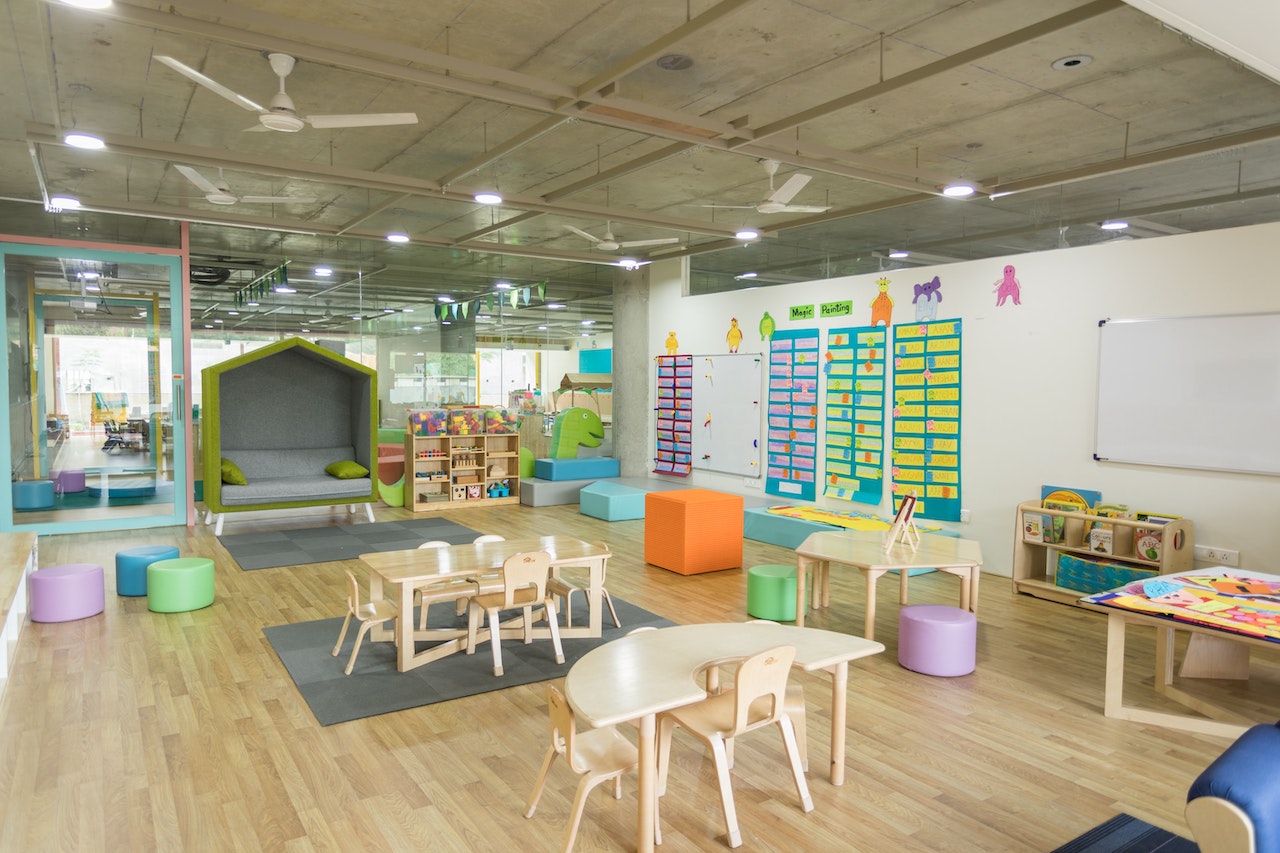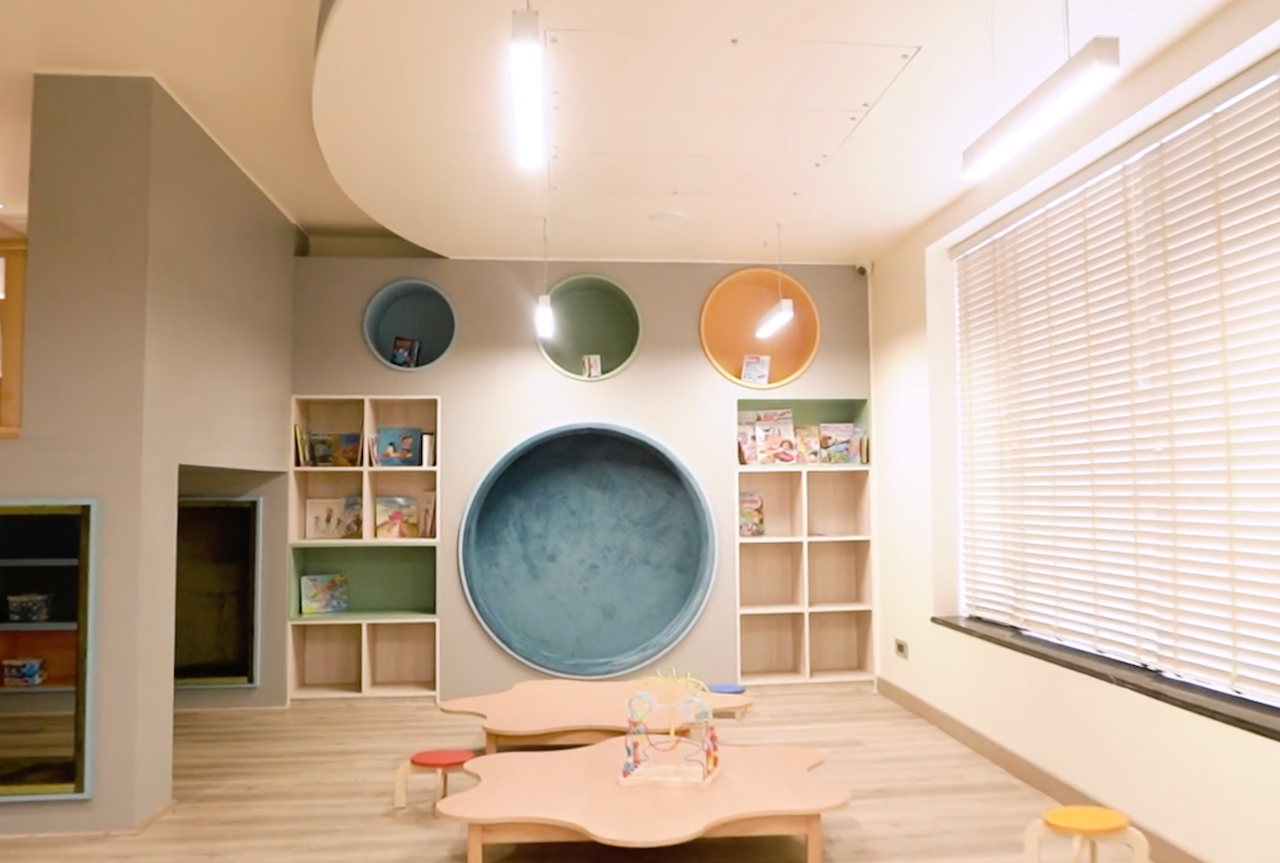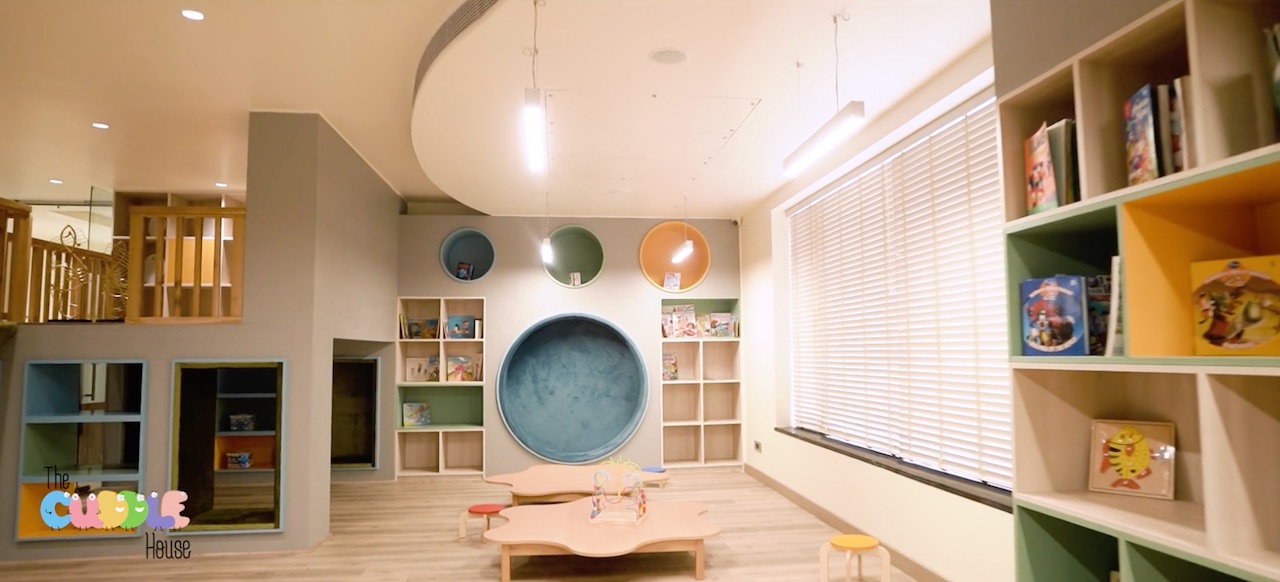Setting up a preschool is not just about creating a building and building a brand, it is also about the approach and philosophy offered by the preschool. We have discussed at a high level, decisions that an entrepreneur must consider while setting up a new preschool. We often find entrepreneurs want to shape the atmosphere of the school and take a lot more responsibility in the running of the school. In this post, we present you with options that suit your needs. We also urge you to develop a deeper understanding of early education.
When selecting an approach, you need to consider:
- children’s interests and capabilities
- their own interests, skills, capabilities and philosophies
- the curriculum
- evidence of children’s learning
- school and community contexts
 A guiding framework for this often comes from one’s early educational philosophy. While it is easy to select a philosophy for a preschool, in practice it is a mix of philosophies that best suits the needs of most target audiences. A quick note on some educational philosophies and pedagogies that is recommended reading before setting up a preschool. We find that often when you have been through some of these, you are more articulate about your vision.
A guiding framework for this often comes from one’s early educational philosophy. While it is easy to select a philosophy for a preschool, in practice it is a mix of philosophies that best suits the needs of most target audiences. A quick note on some educational philosophies and pedagogies that is recommended reading before setting up a preschool. We find that often when you have been through some of these, you are more articulate about your vision.
Below are some of the links that can kickstart your journey to set up a new preschool.
Kindergarten Method
The word kindergarten comes from the German language. Kinder means children and garten means garden. This philosophy of education rests on four basic ideas: free self-expression, creativity, social participation and motor expression. The curriculum consisted chiefly of three types of activities: (1) playing with the “gifts,” or toys, and engaging in other occupations designed to familiarize children with inanimate things, (2) playing games and singing songs for the purpose not only of exercising the limbs and voice but also of instilling a spirit of humanity and nature, and (3) gardening and caring for animals in order to induce sympathy for plants and animals. All this was to be systematic activity.
https://www.canr.msu.edu/news/why-is-kindergarten-called-kindergarten
https://www.britannica.com/topic/education/Froebel-and-the-kindergarten-movement
Montessori Education
Montessori is a method of education that is based on self-directed activity, hands-on learning and collaborative play. In Montessori classrooms, children make creative choices in their learning, while the classroom and the highly trained teacher offer age-appropriate activities to guide the process. Children work in groups and individually to discover and explore the knowledge of the world and to develop their maximum potential.
Play-Based Philosophy — Playing to Learn/Learning to Play
Play is one of the most important ways in which young children gain essential knowledge and skills. Opportunities and environments that promote play, exploration and hands-on learning are at the core of effective pre-primary programs. During a typical preschool day, there will be structured and unstructured periods, enabling children to learn at their own rate.
https://www.unicef.org/sites/default/files/2018-12/UNICEF-Lego-Foundation-Learning-through-Play.pdf
Reggio Emilia Approach
The Reggio Emilia Approach® is an educational philosophy based on the image of a child with strong potential for development and a subject with rights, who learns through the hundred languages belonging to all human beings and grows in relations with others.
Waldorf Education Philosophy
Waldorf schools offer a developmentally appropriate, experiential, and academically-rigorous approach to education. They integrate the arts in all academic disciplines for children from preschool through twelfth grade to enhance and enrich learning. Waldorf education aims to inspire life-long learning in all students and to enable them to fully develop their unique capacities.
Bank Street
The Bank Street approach, known as the developmental-interaction approach, recognizes that all individuals learn best when they are actively engaged with materials, ideas, and people, and that authentic growth requires diverse and nurturing opportunities for ongoing social, emotional, and cognitive development.
Teachers and leaders are viewed as facilitators of learning, it is their role to meet students “where they are” to help them develop and realize their unique potential. By combining a deep understanding of human development and educational theory with a disciplined approach to observation and reflection, Bank Street educators provide students with meaningful learning opportunities best suited for their learning and growth.
If the philosophy is selected before the design and creation of the preschool infrastructure, many changes can be made to the design. This would allow for better usage of space and specific requirements of the selected method can be implemented. Based on the selected philosophy, the choice of learning aids, furniture and equipment in the preschool would also vary.
Over the years, Newton Schools has provided services as project consultants in developing the school concept, marketing strategy, financial projections etc. Our engagements often begin at the concept stage when the school is just an idea. We have also worked in already initiated projects as academic/management consultants defining the curriculum, the teacher training, and recruitments. Our parent company, Newton Services, provides design and build services for school infrastructure.
Contact us today to discuss about your school plans with us.



